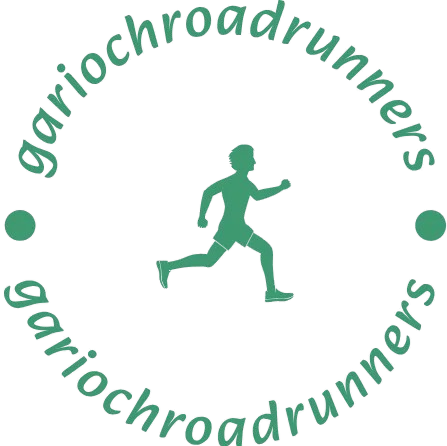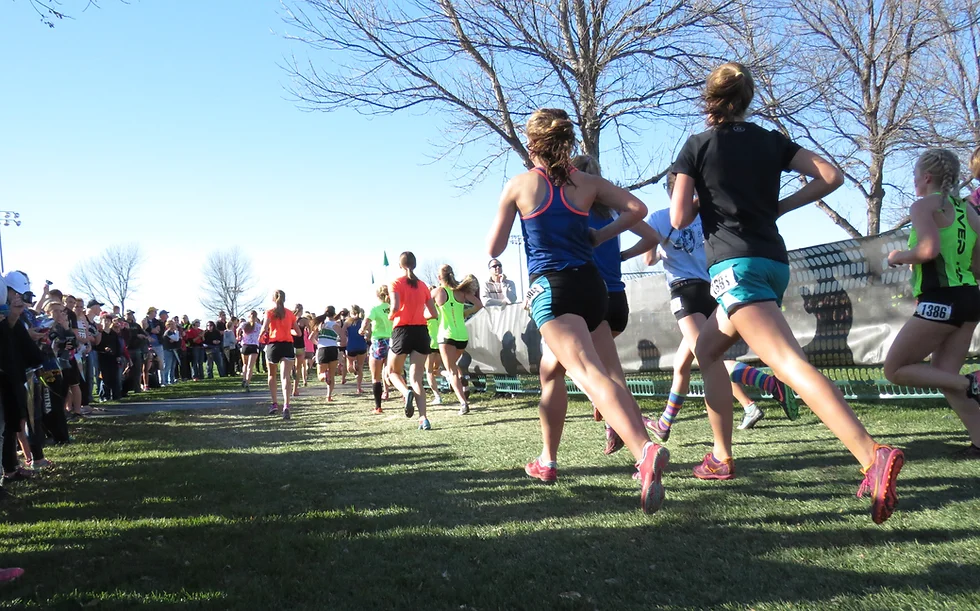What you eat before a marathon can significantly impact your performance. Proper pre-race nutrition helps fuel your muscles, maintain energy levels, and prevent fatigue during the race. Eating the right foods can make the difference between a successful run and feeling sluggish or weak. In this article, we’ll guide you on what to eat before marathon running to ensure you’re ready for the big day.

1. Carbohydrates for Energy
Carbohydrates are the most important fuel source for runners, especially before a marathon.
- Why Carbs? Carbs are stored in your muscles and liver as glycogen, which your body uses for energy during long runs.
- What to Eat: Choose complex carbohydrates like whole grains, pasta, rice, and bread. These foods provide a steady release of energy over several hours. Avoid simple sugars or overly processed foods that can lead to energy crashes.
- Pre-Race Meal: The ideal pre-race meal should include about 60-70% carbs. Think pasta with marinara sauce, rice with lean protein, or a hearty sandwich.
2. Protein for Muscle Repair
Protein helps in muscle recovery and maintenance, but it’s not as essential right before the race as carbohydrates.
- Why Protein? While protein is important for long-term recovery, it’s not your body’s primary source of fuel during a marathon. However, consuming a small amount of protein can aid in muscle repair and prevent breakdown during the race.
- What to Eat: Opt for lean protein sources like chicken, turkey, tofu, or yogurt. Keep the portion moderate so that it doesn’t sit heavily in your stomach.
- Pre-Race Meal: A small amount of protein, such as a small portion of chicken with your pasta or a scoop of yogurt with fruit, can be beneficial.
3. Healthy Fats in Moderation
Fats are a great long-term source of energy, but they are slower to digest and should be eaten in moderation before a race.
- Why Fats? While fats are a crucial part of your overall diet, consuming large amounts just before a marathon can leave you feeling sluggish and heavy.
- What to Eat: Stick to healthy fats like avocados, nuts, seeds, and olive oil. These will provide you with lasting energy without overwhelming your digestive system.
- Pre-Race Meal: Keep fat intake low on race day—about 10-15% of your meal should come from healthy fats. For example, a small serving of avocado or a few nuts is sufficient.
4. Hydration Is Key
Hydration is just as important as what you eat. Dehydration can negatively affect your performance, so it’s essential to be well-hydrated before the race.
- Why Hydrate? Dehydration can lead to muscle cramps, fatigue, and dizziness, making it harder to maintain energy levels during the race.
- What to Drink: Drink water or sports drinks that contain electrolytes (such as sodium and potassium) the day before and the morning of the marathon. Avoid caffeinated drinks like coffee, as they can dehydrate you.
- Pre-Race Hydration: Aim to drink 16-20 ounces of water or an electrolyte drink about two hours before the race. In the hour leading up to the start, sip small amounts to avoid feeling bloated.
5. Timing Your Pre-Race Meal
The timing of your pre-race meal is important to avoid digestive issues while ensuring you have enough energy.
- When to Eat: Ideally, eat your pre-race meal 3-4 hours before the start of the marathon. This gives your body time to digest the food and convert it into usable energy.
- Smaller Snack Before the Race: If you’re hungry closer to race time, opt for a small snack about 30-60 minutes before the race, such as a banana, energy bar, or a piece of toast with peanut butter. Keep it light to avoid discomfort during the race.
6. Foods to Avoid Before a Marathon
Some foods can cause digestive issues or leave you feeling sluggish on race day.
- Avoid High-Fiber Foods: While fiber is important in your diet, high-fiber foods can cause bloating, gas, and discomfort during a marathon. Avoid large servings of beans, cruciferous vegetables (like broccoli), and whole grains right before the race.
- Limit Spicy Foods: Spicy foods can irritate your stomach, potentially leading to heartburn or digestive distress during the race.
- Steer Clear of Fatty Foods: Foods that are high in unhealthy fats (like fried foods) can sit heavy in your stomach and make you feel sluggish during the run.
7. Race Day Breakfast Ideas
Here are some pre-race meal ideas that combine the right balance of carbohydrates, protein, and fats for marathon runners.
- Oatmeal with Banana and Nut Butter: Oatmeal is a great source of complex carbs, and adding a banana provides quick energy. Nut butter offers a small amount of healthy fat and protein.
- Bagel with Peanut Butter: A classic choice for runners, a bagel is a carb-rich option, while peanut butter provides protein and fat.
- Toast with Jam or Honey: A simple piece of toast with a bit of jam or honey gives you fast-digesting carbs for a quick energy boost.
- Smoothie with Fruit and Yogurt: A smoothie can be a light but nourishing pre-race meal, packed with carbs from fruit and protein from yogurt.
8. Practice Your Pre-Race Nutrition
Before the marathon, it’s important to practice your pre-race nutrition during your long training runs.
- Why Practice? Every runner’s stomach is different, and experimenting with what works best for you during training will help you avoid any surprises on race day.
- Test Different Foods: Try different pre-race meals and snacks to see what gives you the most energy and doesn’t cause any digestive discomfort.
Conclusion
What you eat before a marathon can set the stage for your race performance. Focus on carbohydrates as your primary source of energy, with a small amount of protein and healthy fats. Hydrate properly and time your meals for optimal digestion. By following these nutrition tips and practicing during training, you’ll be better prepared to tackle your marathon with confidence and energy. Remember that every runner is different, so find what works best for you and stick with it on race day.











